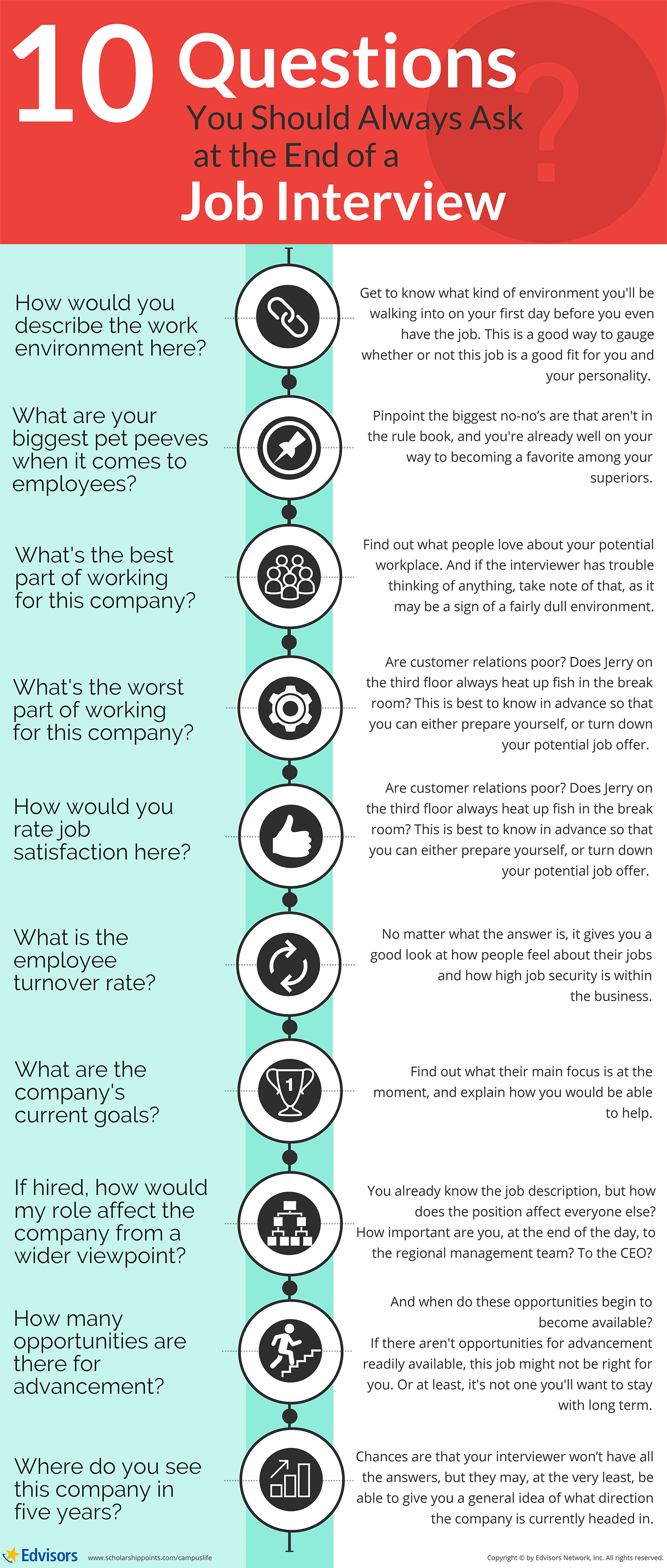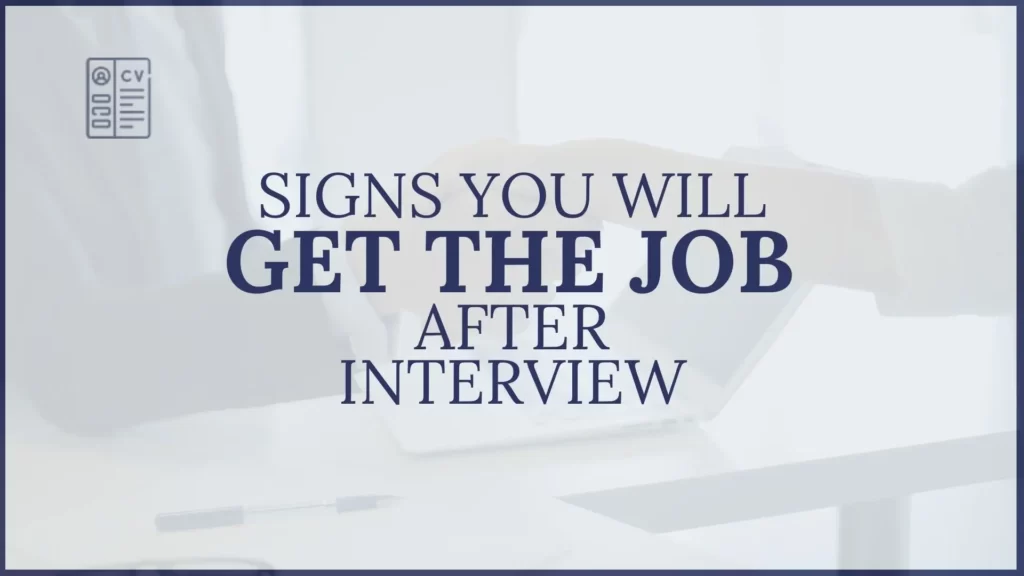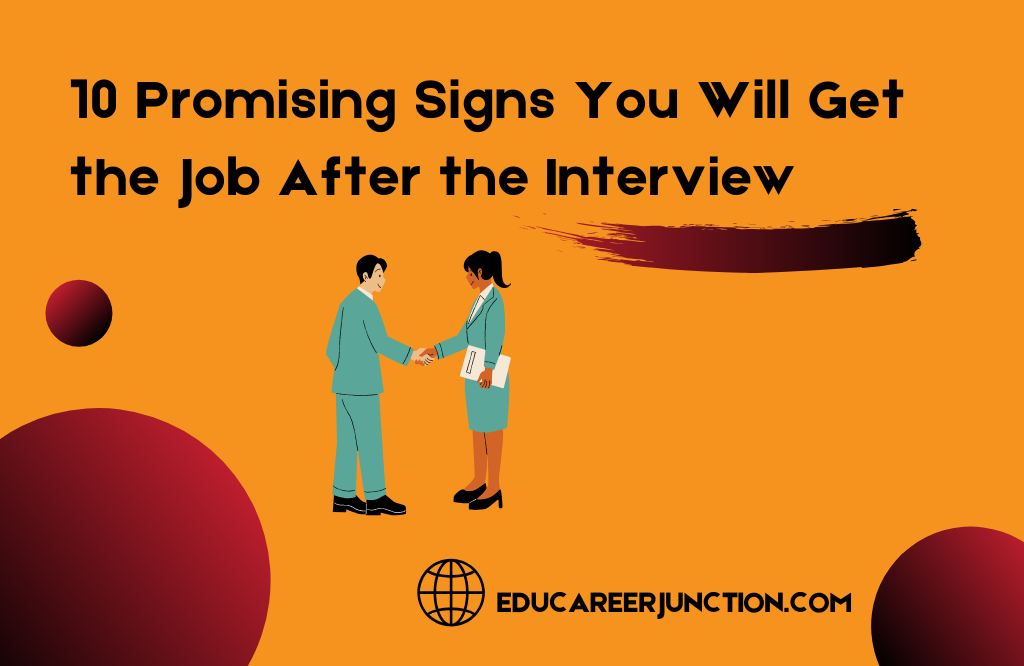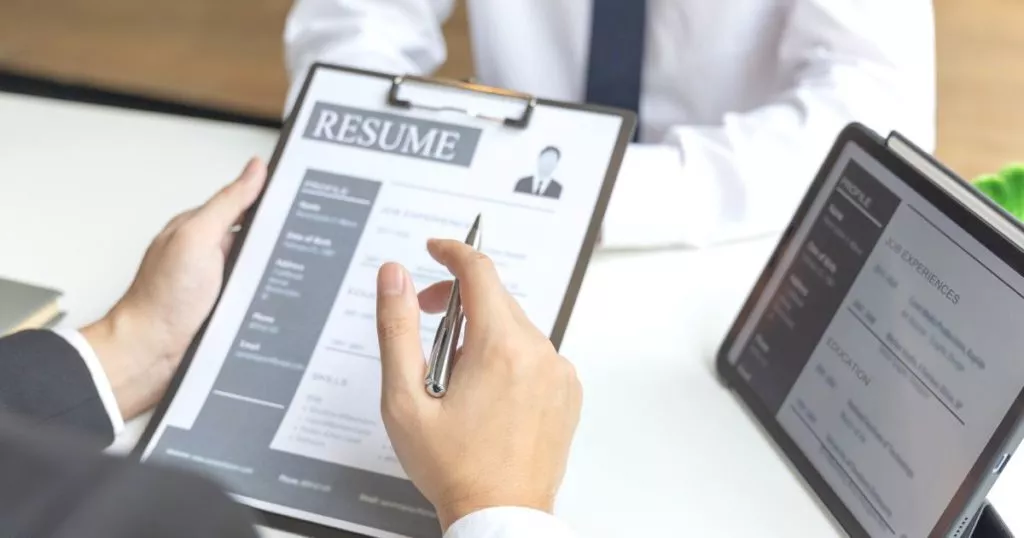Chances Of Getting The Job After Interview

Landing an interview often feels like the final hurdle in the job search, but what are your actual chances of securing the position after that crucial conversation? While the exact odds are hard to pinpoint, various factors influence your prospects, and understanding these elements can empower job seekers to navigate the post-interview phase with greater confidence.
The probability of getting a job after an interview isn't a fixed number, but rather a dynamic range shaped by the number of candidates, the company's hiring practices, and, most importantly, your performance. Analyzing available data and expert insights reveals a nuanced picture, offering valuable guidance to those seeking employment.
Understanding the Numbers: An Elusive Statistic
Pinpointing a precise percentage for post-interview job offer rates is challenging due to the lack of comprehensive, centralized data collection. However, various surveys and industry reports provide estimations.
For example, some career advice websites cite figures suggesting that the average candidate has around a 20% chance of getting the job after an interview. This number, however, should be taken with a grain of salt, as it's a broad generalization.
Glassdoor, a popular platform for employee reviews and salary information, suggests that typically, only a small percentage of applicants receive interview invitations in the first place, implying that those who do make it to the interview stage are already a select group.
Factors Influencing Your Chances
Several factors significantly impact your odds of receiving a job offer after an interview. These can be broadly categorized into pre-interview preparation, interview performance, and external factors.
Pre-Interview Preparation
Thorough research on the company, the role, and the interviewer is paramount. Understanding the company's mission, values, and recent achievements allows you to tailor your responses effectively.
Furthermore, practicing common interview questions and preparing thoughtful questions to ask the interviewer demonstrates your engagement and genuine interest in the opportunity. A well-crafted resume and cover letter that highlight relevant skills and experiences are essential to even secure an interview.
Interview Performance
Your performance during the interview itself is undoubtedly the most crucial determinant of your success. Clear, concise, and confident communication is key.
Providing specific examples to illustrate your skills and experiences, using the STAR method (Situation, Task, Action, Result), can make your answers more compelling. Showing enthusiasm for the role and the company, while maintaining a professional demeanor, can leave a positive impression.
External Factors
External factors beyond your control can also influence the outcome. The number of other qualified candidates vying for the same position plays a significant role.
The company's internal hiring processes and budget constraints can also impact the final decision. Sometimes, even if you perform well, the company may decide to restructure the department or put the hiring process on hold.
The Post-Interview Follow-Up
Sending a thank-you note after the interview, whether via email or a handwritten card, is a professional courtesy that reinforces your interest. This provides an opportunity to reiterate your key qualifications and address any points you may have missed during the interview.
Following up within a reasonable timeframe, as advised by the interviewer, demonstrates your continued interest and allows you to inquire about the hiring timeline. However, avoid being overly persistent or demanding, as this can be perceived negatively.
Human Interest Angle: Overcoming the Odds
Sarah, a recent college graduate, faced numerous rejections before landing an interview for her dream job. Despite her initial nervousness, she dedicated weeks to researching the company, practicing interview questions, and preparing insightful questions to ask the interviewer.
During the interview, Sarah confidently articulated her skills and experiences, drawing on examples from her internships and extracurricular activities. Her enthusiasm and genuine interest in the company shone through.
Two weeks later, Sarah received a job offer. Her story illustrates that diligent preparation and a positive attitude can significantly improve your chances of success, even in a competitive job market. Persistence is key.
Strategies to Improve Your Chances
To increase your odds of getting the job after an interview, focus on continuous improvement. Seek feedback from friends, family, or career counselors on your interview skills.
Practice answering common interview questions in front of a mirror or record yourself to identify areas for improvement. Network with professionals in your field to gain insights into industry trends and company cultures.
Tailor your resume and cover letter to each specific job application, highlighting the skills and experiences that are most relevant to the role.
Conclusion
While the exact probability of getting a job after an interview remains elusive, understanding the factors that influence your chances can empower you to navigate the hiring process more effectively. By focusing on thorough preparation, confident communication, and persistent follow-up, you can significantly increase your odds of securing your desired position. Remember, the interview is not the end of the process, but a crucial step towards achieving your career goals.


















